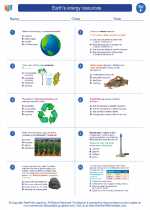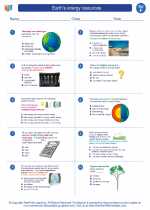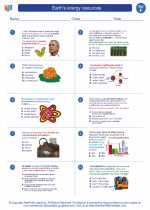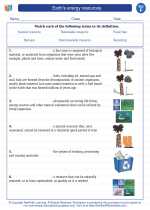Surgery: An Overview
Surgery is a medical specialty that uses operative manual and instrumental techniques on a patient to investigate or treat a pathological condition such as a disease or injury, to help improve bodily function or appearance, or to repair unwanted ruptured areas.
Types of Surgery
There are several types of surgery, including:
- Elective Surgery: Planned surgery that is chosen by the patient.
- Emergency Surgery: Surgery that must be done immediately to save life, limb, or functional capacity.
- Open Surgery: Involves making an incision in the skin to access the underlying tissues.
- Minimally Invasive Surgery: Uses techniques to perform surgery with less damage to the body than with open surgery.
- Robotic Surgery: A type of minimally invasive surgery that uses robotics to perform the procedure.
Preparation for Surgery
Prior to surgery, patients are typically required to undergo several preparatory steps, including:
- Medical history review
- Physical examination
- Diagnostic tests (e.g., blood tests, imaging studies)
- Fasting before surgery
- Consent form signing
Common Surgical Procedures
There are numerous surgical procedures that are commonly performed, including:
- Appendectomy
- Tonsillectomy
- Hernia repair
- Cholecystectomy (gallbladder removal)
- Joint replacement surgery
- Cesarean section
Post-Surgery Care
After undergoing surgery, patients are typically provided with post-operative care instructions, which may include:
- Medication management
- Wound care
- Physical therapy
- Follow-up appointments
Study Guide
To study the topic of surgery, consider focusing on the following key areas:
- Understanding the different types of surgery and their indications.
- Exploring the pre-operative, intra-operative, and post-operative phases of surgery.
- Learning about specific surgical procedures and their associated risks and benefits.
- Reviewing the principles of aseptic technique and infection control in the surgical setting.
- Understanding the role of technology in modern surgical practices, such as robotic surgery.
By mastering these concepts, you will gain a comprehensive understanding of the field of surgery and the principles that guide the practice of surgical medicine.
.◂Science Worksheets and Study Guides Sixth Grade. Earth's energy resources

 Worksheet/Answer key
Worksheet/Answer key
 Worksheet/Answer key
Worksheet/Answer key
 Worksheet/Answer key
Worksheet/Answer key
 Vocabulary/Answer key
Vocabulary/Answer key
